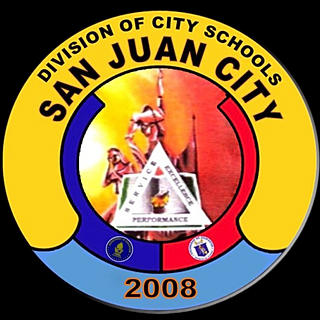Seminar-Workshop on Inclusive Educationfor Alternative Learning System Teachers
- DepEd San Juan City
- Jun 9, 2023
- 2 min read
May 23 – 25, 2023
AXIAA Hotel, Quezon City
Inclusive education within the Alternative Learning System (ALS) context refers to a comprehensive approach to education that aims to provide equal opportunities and access to quality education for all learners, regardless of their backgrounds, abilities, or disabilities. It recognizes and respects the diverse learning needs and capabilities of individuals, ensuring that they receive the necessary support to participate fully in the educational process.
In the ALS, inclusive education focuses on reaching out to marginalized and vulnerable groups, including out-of-school youth, adults, indigenous peoples, persons with disabilities, and other disadvantaged individuals who are unable to access formal education. It adopts flexible and learner-centered strategies to accommodate various learning styles and needs, promoting an environment that values diversity and promotes social inclusion.
Key principles of inclusive education in the ALS context may include the following:
Accessibility: Ensuring physical, informational, and communication accessibility for all learners, removing barriers that hinder their participation and learning.
Equity: Providing fair and just opportunities for all learners, addressing systemic inequalities, and ensuring that resources and support are allocated based on individual needs.
Individualization: Recognizing and addressing the unique learning needs of each learner, taking into account their abilities, interests, and backgrounds to provide personalized learning experiences.
Collaboration: Encouraging partnerships and collaboration among educators, learners, families, and the community to create an inclusive learning environment that supports the holistic development of learners.
Positive Learning Environment: Creating a safe, supportive, and respectful learning environment where diversity is celebrated, and all learners feel valued and included.
Inclusive education in the ALS context promotes the use of diverse teaching strategies, instructional materials, and assessment methods to cater to different learning styles and abilities. It also emphasizes the importance of inclusive practices in curriculum design, teacher training, and community engagement to ensure the successful inclusion of all learners in the learning process.
By implementing inclusive education in the Alternative Learning System, the goal is to break down barriers and provide opportunities for all individuals to acquire knowledge, skills, and competencies, enabling them to participate fully in society and improve their quality of life.
Article Written by:
Dr. Erwin B. dela Cruz
Division ALS Focal Person
























Comments